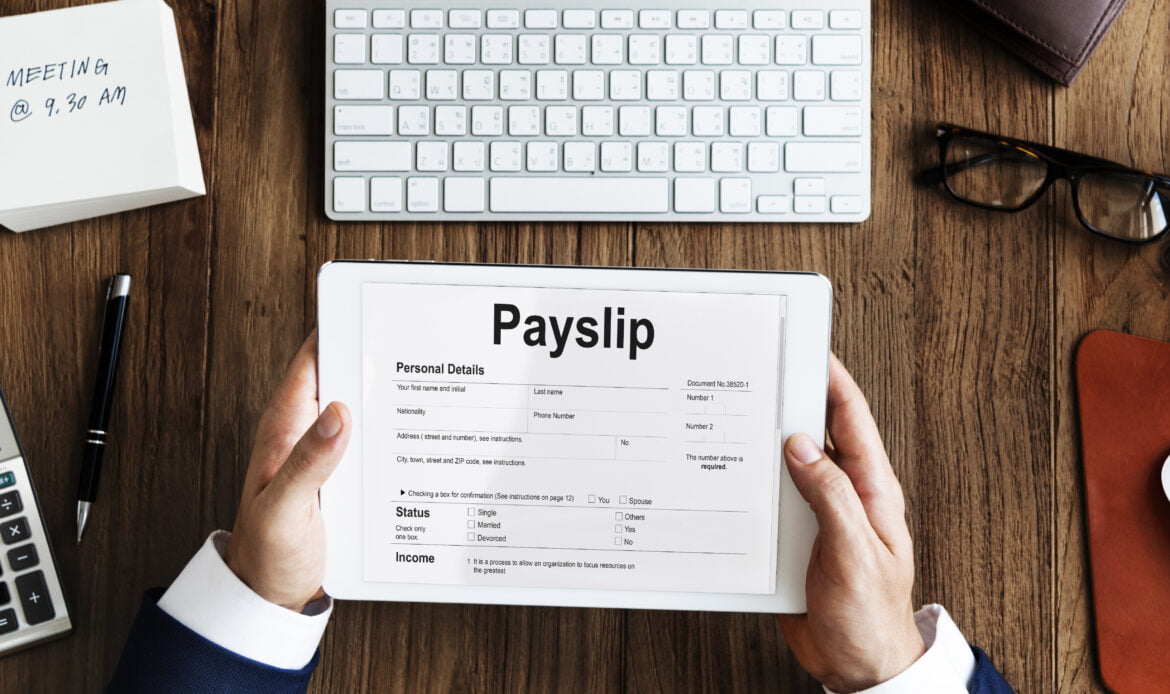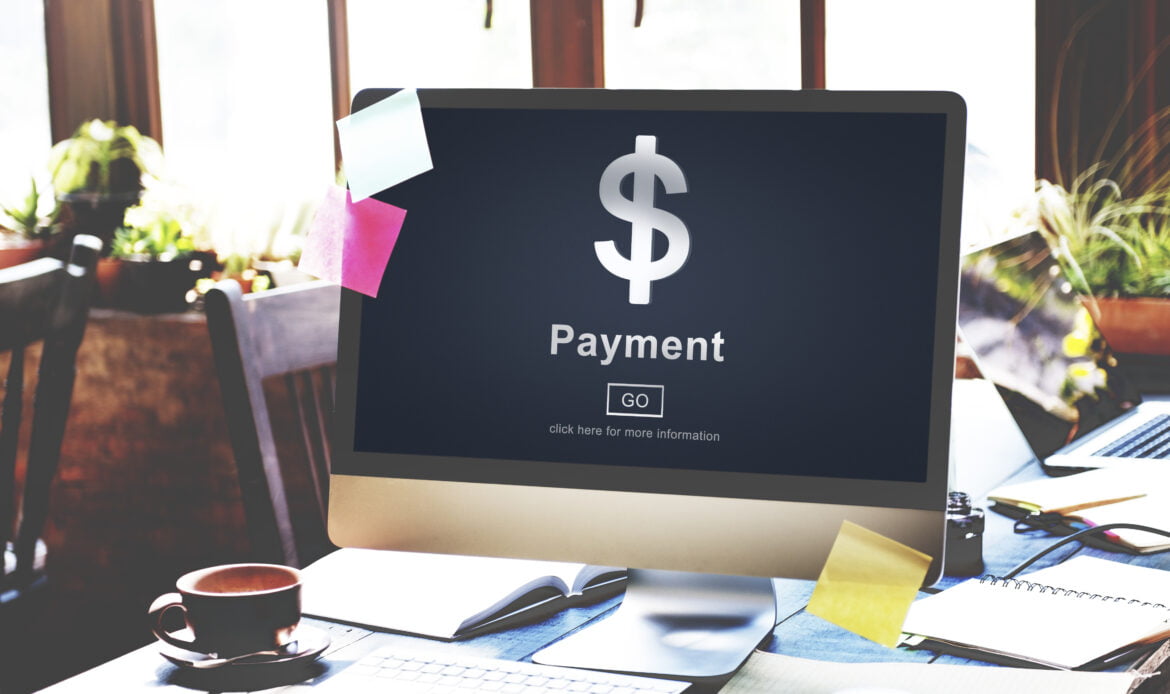WHAT IS PAYMENT TERMS?
A legal contract between buyer and seller that specifies the payment terms is known as payment terms agreement. It can also specify what happens if the client doesn’t pay on time, as well as any potential interest charges and late fees.
Both sides can benefit from such an arrangement. Customers value knowing exactly what is expected of them when it comes to paying invoices, and businesses value knowing how they will be paid if their clients fail to pay their bills.
Terms contain the due date for payment, the acceptable payment options, and any reductions offered for early settlement or waiver of late fees. They aid in clarifying expectations for both customers and business owners, promoting mutual understanding and steady revenue flow for the enterprise.
COMMON SECTION IN PAYMENT TERMS AGREEMENT
The typical sections found in Payment Terms Agreements are listed below. You can examine these parts by clicking on the links to the sample agreement below.
- Payment Due Date: The specific date or deadline by which a payment must be made. It is the deadline by which the payer is anticipated to pay the remaining balance.
- Invoicing and Documentation: This section outlines the requirements and procedures for submitting invoices and the necessary documentation to support the payment request. It specifies the format, delivery method, and any additional information that should be included in the invoice.
- Interest: Interest refers to the additional amount charged on overdue payments. When a payment is not made by the specified due date, interest may be applied to the outstanding balance as a penalty for late payment.
- Security: Security in payment terms refers to measures taken to ensure payment or mitigate the risk of non-payment. It may include requesting collateral, bank guarantees, or other forms of financial security from the payer to protect the payee’s interests.
- Early Payment Discount: An early payment discount is an incentive offered to encourage prompt payment. It is a reduction in the total amount due or a percentage off the invoice amount provided to the payer if payment is made before the specified due date.
- Application and Term of Payment: This section defines how the payment will be applied, such as allocating the payment to specific invoices or outstanding balances. It also specifies the duration or term of the payment agreement, including any installment plans or recurring payments.
- Payment Methods: Payment Methods section outlines the acceptable methods by which the payer can make the payment. It may include options such as cash, check, bank transfer, credit card, or electronic payment platforms.
- Currency and Exchange Rates: This section specifies the currency in which the payment should be made and may address any provisions related to currency exchange rates. If international transactions are involved, it may also state the responsibility for any associated fees or currency conversion charges.
- Late Payment Charges: Late payment charges refer to additional fees or penalties imposed when a payment is not made by the specified due date. This section outlines the amount or percentage of the late payment charges and when they will be applied.
- Event of Default: The event of default refers to a situation in which a party fails to fulfil its payment obligations as outlined in the agreement. This section defines the specific circumstances that constitute a default, such as non-payment, repeated late payments, or violation of other terms, and the consequences or remedies that may follow.
- Notices: The notices section specifies how formal communications or notifications related to payment should be delivered between the parties. It outlines the preferred method of communication, such as written notice, email, or registered mail, and provides the contact information for sending and receiving notices.

WHY SHOULD PAYMENT TERMS BE INCLUDED IN CONTRACTS?
Following are few point that indicate the reason to include payment terms in contracts:
- Client Relationship: For all parties, clear payment conditions establish clear expectations. Terms make it clear to both customers and businesses when to expect payments, deliveries, and discounts. Payment conditions can be discussed with clients, fostering greater understanding and communication in the working relationship.
- Legal Protection: Including payment terms in contracts helps establish a legally binding agreement between the parties involved. If any payment issues arise, having written and agreed-upon terms provides a solid foundation for resolving disputes and potentially seeking legal remedies.
- Cash Flow: A steady cash flow is necessary for small firms to maintain day to day operations. Accurate invoices help you forecast future income, and payment terms ensure that you have the resources necessary to provide a service or create a product.
- Avoidance of payment delays: Payment terms act as a reminder and encourage timely payments. By clearly specifying due dates and any applicable penalties for late payments, you increase the likelihood of prompt payment by customers.
HERE ARE SOME GUIDELINES FOR DRAFTING EFFECTIVE PAYMENT TERMS IN SMALL BUSINESS CONTRACTS
- Be clear and accurate: Clearly state the payment amount, due dates, and acceptable payment methods. Avoid ambiguous language and include any applicable discounts, late fees, or interest charges.
- Define invoicing procedures: Outline how invoices should be submitted and the required information they should include. Specify the preferred format (electronic or paper) and any additional supporting documents necessary.
- Clearly define payment deadlines: Clearly define the due dates for payments and any grace periods provided. Consider setting shorter payment terms for quicker cash flow, but ensure they are reasonable for your customers.
- Include late payment penalties: Specify the consequences for late payments, such as late fees or interest charges. This incentivizes timely payments and helps compensate for any additional administrative costs or financial strain caused by late payments.
- Offer early payment incentives: Consider providing discounts or other incentives for customers who pay before the due date. This can encourage prompt payments and strengthen your cash flow position.
- Communicate payment milestones: For larger projects or long-term contracts, consider including payment milestones that align with project progress. This helps manage cash flow and ensures timely payments based on completed deliverables or specific project stages.
- Outline payment dispute resolution: Define a process for resolving payment-related disputes, including any necessary mediation or arbitration steps. This protects both parties’ interests and provides a clear roadmap for addressing disagreements.
- Clarify ownership rights: If your small business provides products or services with ongoing ownership or licensing implications, clearly specify the payment terms related to ownership transfer or license expiration.
- Consider payment security: For higher-value contracts, consider incorporating payment security measures such as bank guarantees, letters of credit, or installment plans to mitigate the risk of non-payment or default.
- Seek legal advice: Consulting with a legal professional familiar with contract law in your jurisdiction can help ensure your payment terms comply with local regulations and protect your business interests.








1 reply on “HOW TO USE PAYMENT TERMS FOR SMALL BUSINESSES?”
[…] Also Check : Payment terms for Small Busi […]